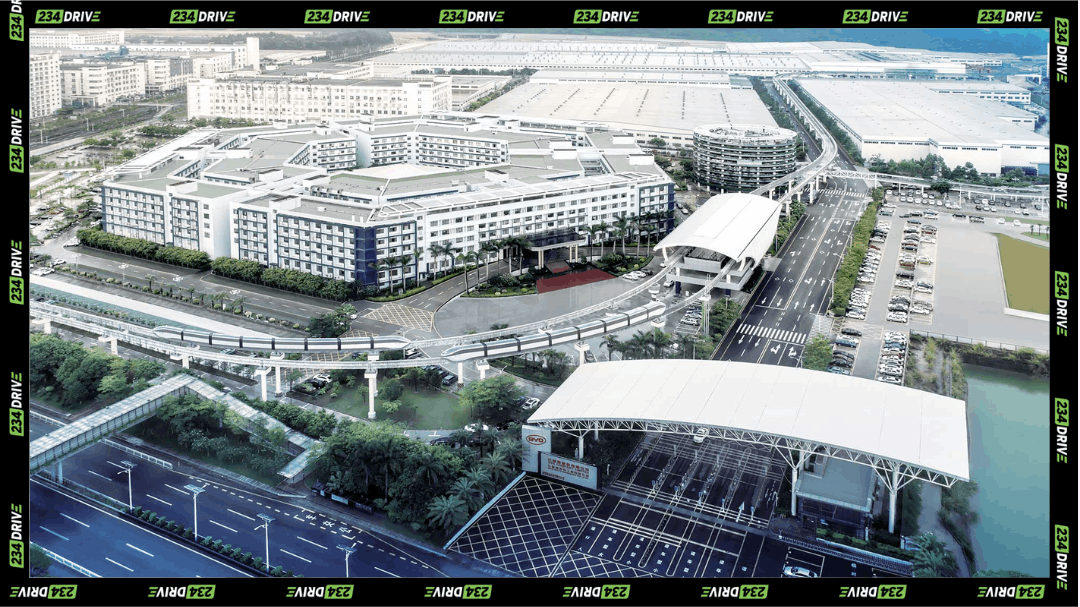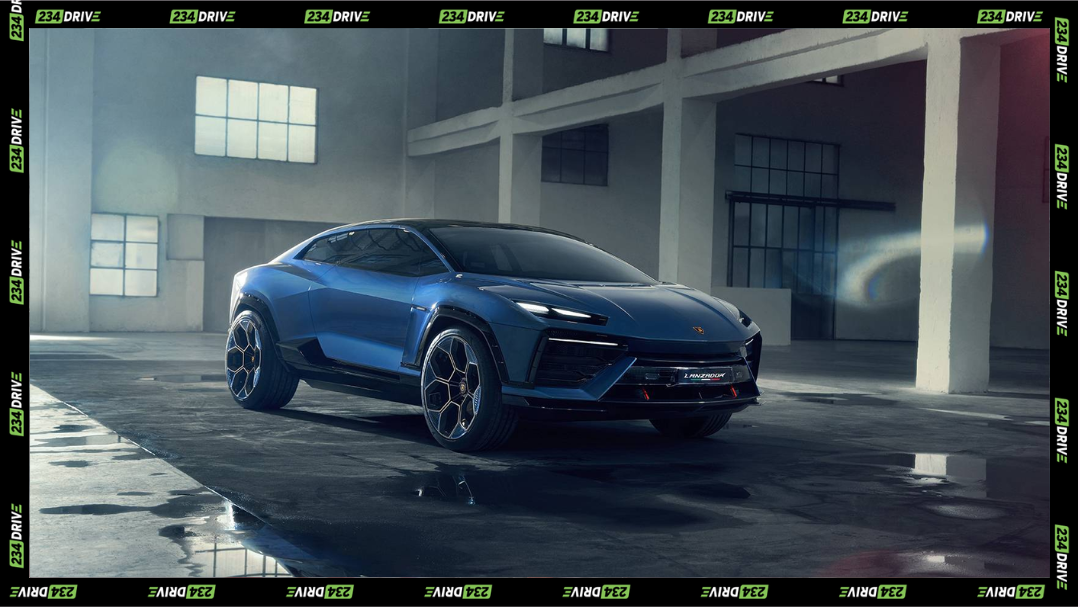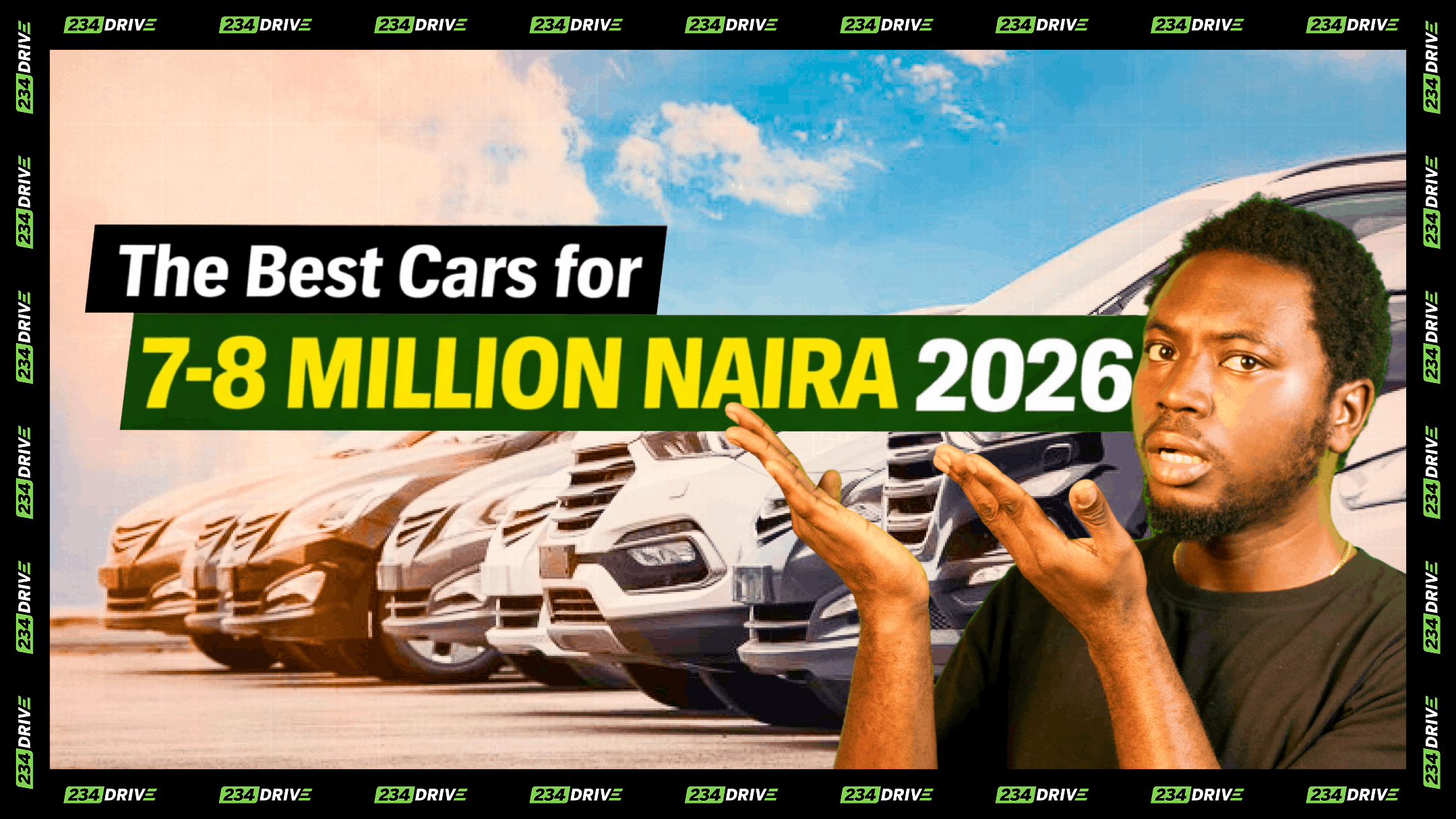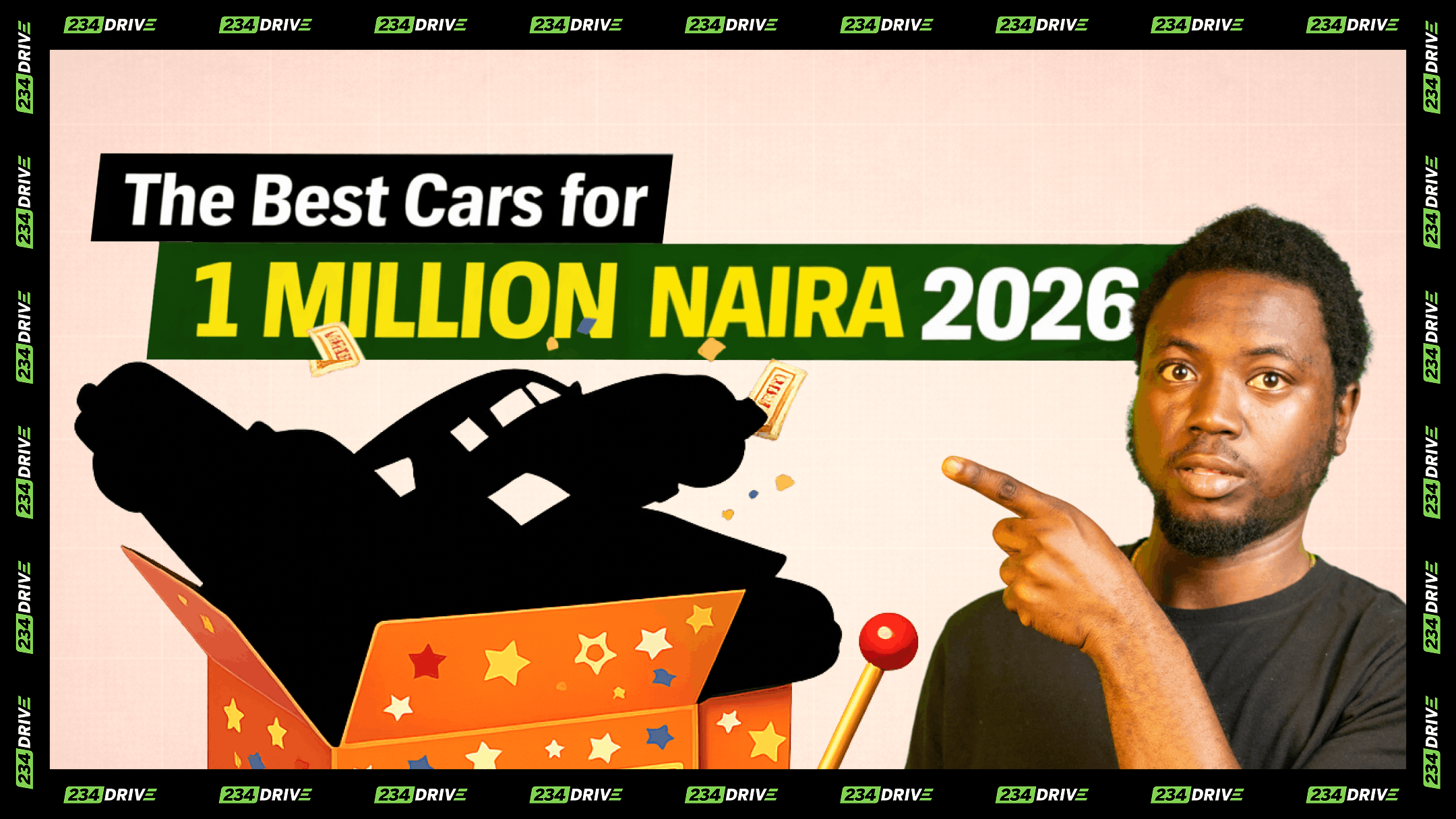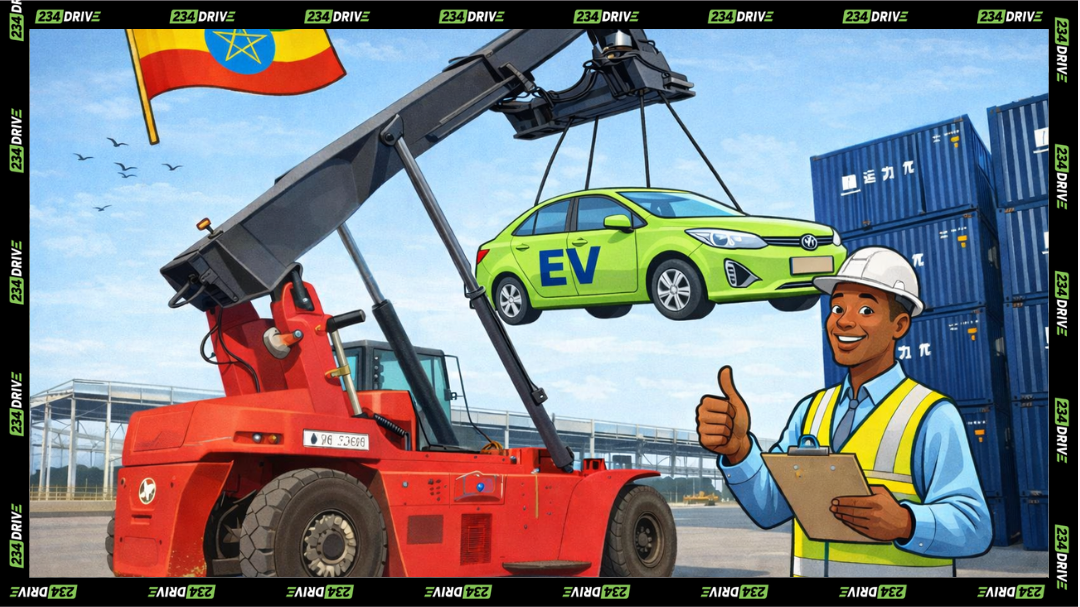Off-road driving in Nigeria is common and often unavoidable. Many parts of the country have roads that are poorly maintained or completely unpaved. From rural communities in the north to riverine areas in the south, having a capable off-road vehicle is a necessity. For individuals and organisations operating across multiple states, vehicle choice must be strategic.
The Toyota Land Cruiser has consistently proven to be one of the most suitable vehicles for Nigeria’s challenging conditions. While alternatives such as the Jeep Wrangler and Mitsubishi Pajero have strong off-road reputations, they do not match the Land Cruiser’s combination of support network, adaptability, and durability. This is evident in Nigeria’s off-road culture, where long-term performance and serviceability matter more than advertised features.
Nigeria’s Terrain Demands More Than Just Ground Clearance
Driving in Nigeria demands more than just a high vehicle stance. Vehicles must have strong low-end torque, reinforced chassis, water-wading capabilities, and easy access to spare parts. From Lagos’ pothole-ridden streets to muddy inclines in Benue and Delta states, sedans and most crossovers are unsuitable. Off-road vehicles must cope with inconsistent fuel quality, limited service facilities in rural areas, and heavy load demands during long-distance travel.
These challenges have driven the popularity of robust 4WD vehicles in the country. Vehicles that combine mechanical strength with ease of maintenance earn long-term trust. The Toyota Land Cruiser consistently delivers on both fronts
Toyota Land Cruiser
The 2025 Toyota Land Cruiser combines robust mechanical capability with a premium exterior and interior build. On the outside, it has a modern yet purposeful design with a wide stance, high ground clearance, durable bumpers, and reinforced body panels for better impact resistance. LED lighting systems improve visibility, and the body-on-frame construction ensures long-term strength on rough terrain.
The cabin offers leather upholstery, ergonomic seating for long-distance comfort, and a digital dashboard with a large touchscreen infotainment system, wireless connectivity, and advanced driver-assist technologies such as adaptive cruise control and lane-keeping assist. It retains a full-time 4WD system powered by a hybrid drivetrain producing 326 hp and 465 lb-ft of torque, capable of handling deep mud, steep inclines, and high-speed highway cruising. With proper maintenance, it can exceed 200,000 miles, and it commands high resale value due to its brand reputation and widespread service network across Nigeria. Parts are easy to source, and trained technicians are available in all major cities. Price range: ₦180 million to ₦315 million ($116,000 to $203,000).
Other Choices
1. Jeep Wrangler
The 2025 Jeep Wrangler has been designed with off-road enthusiasts in mind. Its Rock-Trac 4×4 system and strong axle articulation make it highly capable on rugged Nigerian roads. Hybrid variants push out 375 horsepower with 470 lb-ft of torque, giving more than enough muscle for towing and difficult climbs. That said, service costs remain high, and dealership coverage through Jeep Nigeria is still limited. Pricing runs wide, from ₦3.8 million for used models to about ₦48.9 million for new units.
Inside, the Wrangler balances function with some modern convenience. The cabin features durable finishes, a simple dashboard, and available upgrades like touchscreen navigation, Apple CarPlay, and leather upholstery. It isn’t the most comfortable SUV for long-distance travel compared to rivals, but its rugged character continues outside with a boxy silhouette, removable roof panels, and practical short overhangs. The Wrangler is instantly recognizable, appealing more to drivers who value adventure than those chasing luxury.
2. Toyota Hilux
The Toyota Hilux is one of Nigeria’s most widely used utility vehicles and off-road vehicle, trusted by both private owners and security agencies. Its engines deliver consistent performance whether in manual or automatic variants, with enough torque to handle heavy loads and off-road use. Unlike the Wrangler, it isn’t built for high horsepower thrills, but its reputation for reliability and resilience in harsh environments sets it apart.
The cabin is straightforward, with a no-frills dashboard and modest comfort features. Newer trims add infotainment options, but the focus remains durability over luxury. On the outside, the Hilux has a high ground clearance and rugged frame, built to withstand bad roads and tough assignments. Its styling may not turn heads, but it signals dependability — a reason it has become a go-to workhorse across Nigeria.
3. Mitsubishi Pajero
The Mitsubishi Pajero carries Dakar Rally-winning DNA, and its 3.2L turbo diesel engine with the Super Select 4WD system proves it. Owners often report mileage figures exceeding 500,000 km with proper maintenance, showing its staying power. While it isn’t as visible in Nigeria as the Hilux due to weaker dealer support, it remains a strong option for those who value endurance and capability.
Inside, the Pajero offers more comfort than pickups, with spacious seating and higher trims featuring leather and touchscreen technology. Though the design feels dated compared to newer SUVs, it remains functional and dependable. The exterior is bulky and traditional, with wide wheel arches and raised clearance making it fit for Nigerian off-road conditions. It doesn’t have the Wrangler’s adventurous edge, but it blends practicality with quiet toughness.
4. Ford Ranger
The 2024 Ford Ranger has been marketed in Nigeria as an off-road-ready truck. Its elevated chassis and solid torque figures make it capable of handling difficult terrains, though feedback from Nigerian users remains limited compared to long-established models. Performance-wise, it competes well with rivals, but its long-term reliability in local conditions is still being proven.
The interior brings a more refined experience than the Hilux, with modern digital displays, supportive seating, and infotainment features that appeal to lifestyle buyers. Its muscular exterior design, wide grille, and reinforced bed give it a bold look while remaining practical for hauling. The Ranger is pitched as a versatile option, equally suited for business use and leisure, but buyers may want to watch how service support develops locally before committing.
Value vs Luxury Alternatives
Luxury midsize SUVs like the Genesis GV80, BMW X5, and Mercedes-Benz GLE-Class may offer more horsepower or exclusive features, but the Telluride provides similar comfort, technology, and practicality at a significantly lower price. For most buyers, it delivers nearly all the benefits of luxury models without the higher purchase and maintenance costs. This balance between feature set, reliability, and affordability makes it a strong contender for anyone prioritising long-term value over brand prestige.
Conclusion
The 2025 Kia Telluride remains a leading midsize SUV because it combines strong performance, practical comfort, advanced technology, and competitive value.
For Nigerian buyers, its durability and long warranty reduce ownership risks, while fuel efficiency and lower maintenance costs help manage long-term expenses. The spacious interior, safety features, and build quality make it suitable for both daily use and long-distance travel. In a market where import duties and fuel costs can limit options, the Telluride offers a dependable and well-equipped choice without the premium price tag, positioning it as one of the smartest midsize SUV purchases in 2025.



